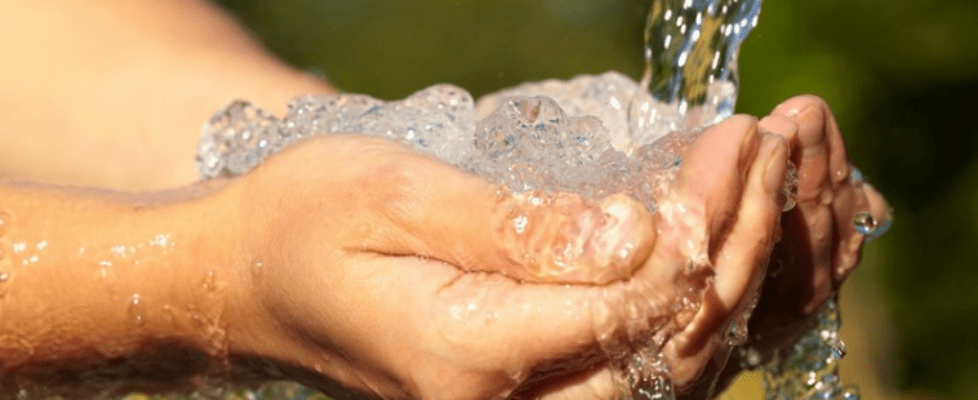Water For Life: Tips For Reducing Water Usage
Water is a fundamental resource for life. While we can go weeks without food, we cannot survive more than a few days without water. As the global population grows and climate change exacerbates water scarcity, it is essential to rethink how we use and conserve this precious resource. By making small changes in our daily water habits, we can ensure a sustainable future for ourselves and the generations to come.
1. Smart Usage in Showers and Taps
Switch to Showers
Opting for a quick shower instead of a bath can save up to 20 gallons of water. Further savings can be achieved by installing water-efficient showerheads with a flow rate lower than 2.5 gallons per minute (gpm). These devices reduce water usage without compromising on comfort.
Mindful Tap Usage
- Turn off the tap: Avoid letting the water run while brushing your teeth, shaving, or scrubbing dishes.
- Reuse water: Save the water used to rinse vegetables for watering houseplants or cleaning floors.
- Install aerators: Adding aerators to taps reduces the flow rate while maintaining water pressure.
2. Efficient Toilets for Less Water Waste
Toilets are responsible for up to 25% of household water usage. Upgrading to ultra-low-flush toilets can make a significant impact. Modern toilets require only 1.6 gallons per flush, compared to the 3.5 gallons or more used by older models.
Tips to Reduce Toilet Water Usage:
- Fix leaks: Even a small, unnoticed leak can waste gallons of water daily. Test for leaks by adding a few drops of food coloring to the tank; if the color seeps into the bowl without flushing, you have a leak.
- Displace tank water: Place a filled plastic bottle in the cistern of older toilets to reduce the water used per flush. Ensure it doesn’t interfere with the mechanism.
3. Washing Machines and Dishwashers
Full Loads Only
Using washing machines and dishwashers only when they are fully loaded saves both water and energy. Running these appliances for small loads wastes resources unnecessarily.
Choose Water-Efficient Models
When upgrading your appliances, opt for energy-efficient models with eco-friendly settings. Look for ENERGY STAR® ratings and features like an economy mode, which use significantly less water and energy.
Skip Pre-Rinsing
Modern dishwashers are designed to handle lightly soiled dishes, so pre-rinsing is unnecessary. Save water by loading dishes directly into the machine.
4. Outdoor Water Conservation
Outdoor activities, such as gardening, car washing, and pool maintenance, often consume large amounts of water. Implement these measures to conserve water outdoors:
Gardening and Lawn Care
- Water wisely: Use drip irrigation systems that deliver water directly to plant roots, minimizing waste.
- Time it right: Water your garden early in the morning or late in the evening to reduce evaporation.
- Use native plants: Plant drought-resistant or native species that require less water.
Car Washing and Cleaning
- Use a bucket: Wash your car using a bucket of soapy water instead of a running hose.
- Install a hose nozzle: Use a trigger-style nozzle to control water flow and prevent unnecessary wastage.
Swimming Pools
- Cover your pool: Prevent evaporation by covering the pool when not in use. An uncovered pool can lose up to 250 gallons of water per week.
- Fix leaks promptly: Inspect your pool for leaks regularly and repair them immediately to avoid water loss.
5. Leak Detection and Repairs
Leaks are often silent culprits of water waste. A dripping faucet can waste up to 3,000 gallons annually, while undetected leaks in pipes or appliances can cause even more significant losses. Regular inspections and timely repairs are crucial to reducing water waste.
6. Educate and Advocate
Encourage family members and neighbors to adopt water-saving habits. Simple actions, when multiplied across a community, can have a significant impact. Advocate for the installation of water-efficient systems in public spaces and support policies promoting sustainable water use.
The Bigger Picture
Conserving water is not just about saving money on utility bills; it’s about protecting a finite resource that is essential for all life forms. Every gallon saved contributes to a healthier planet, reduces strain on municipal water systems, and helps combat the effects of climate change.
By adopting these water-saving tips in our daily lives, we can make a meaningful difference for the environment while ensuring the availability of clean water for future generations.


